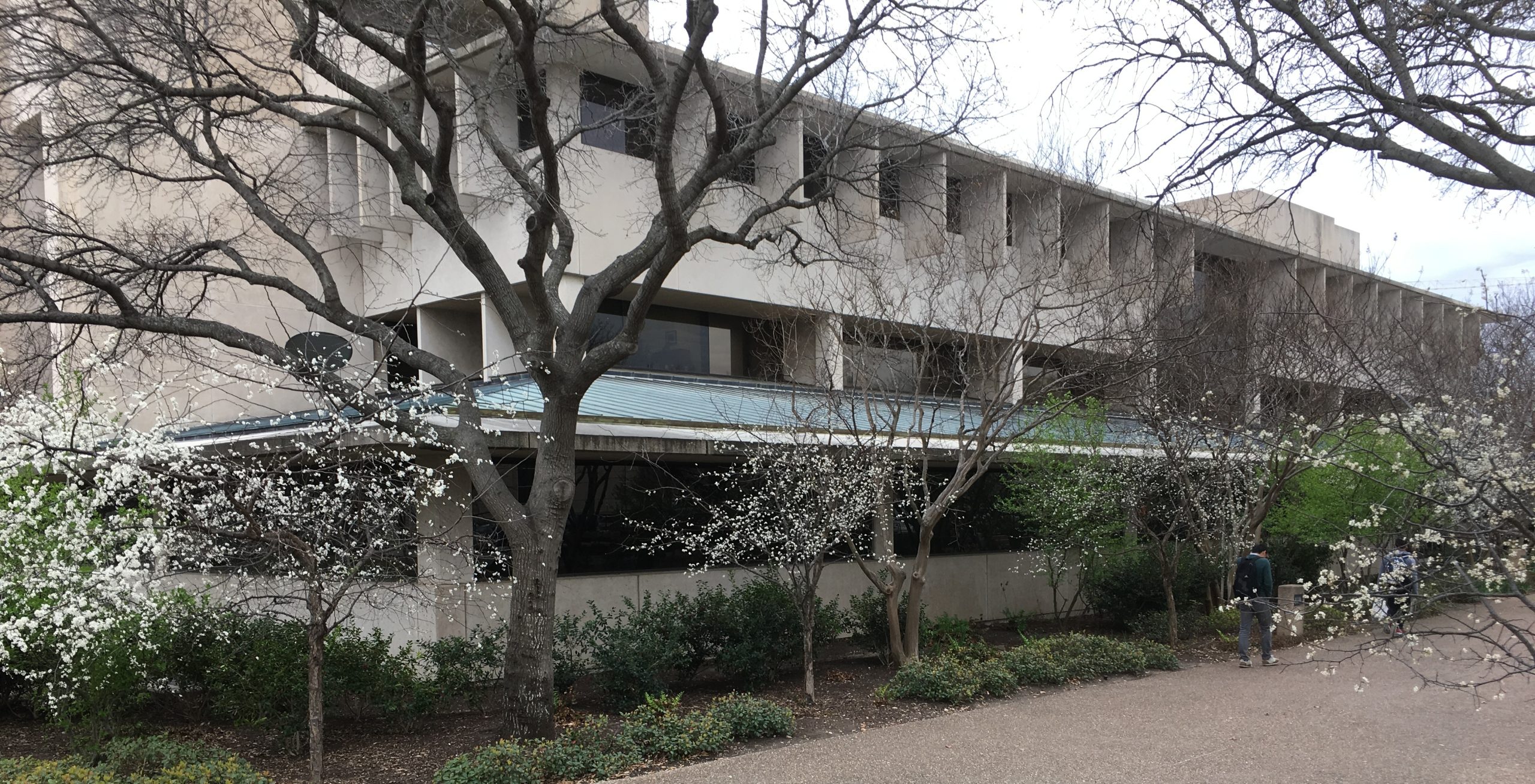More than 60 TI and UT Dallas retirees joined together for a seminar to hear the results of the research being done by Dr. Denise Park and her associates at the Center for Vital Longevity. For the past four years in a major research project, they have tracked more than 500 healthy people to see what effect Amyloids have on brain activity. The research to date shows that individuals with the highest levels of Amyloids go on to have the steepest declines in brain activity. The center is currently pursing funding to extend the research for four more years.
Dr. Park reported on another area of major research under way at the center, the Synapse Project. In this study, they have enlisted 259 volunteers to perform a range of different things for 14 weeks to measure the effect on brain performance. The activities include quilting, digital photography, social groups, a placebo group, and a “doing nothing” group. The research has shown the more difficult activities result in the highest changes in brain activity. She also commented on how technology can help seniors in brain stimulation, and cited one such program, where seniors were taught iPad Apps, with positive results.
The Center has grown from Dr. Park’s lab of four people in 2008 to six major research laboratories with approximately 50 employees currently. During her presentation, she cited the importance to her projects of the close cooperation with UT Southwestern.
Following the meeting, a number of TI retirees and guests were able to tour the Special Collections Section of the McDermott Library to view an exhibit on the TI Founders. Patrizia Nave, Assistant Coordinator for Special Collections at the library, highlighted some of the collections, including the papers of TI Founder, Cecil Green. She also commented on an exhibit of the books and papers of Dr. John Fish, who was a research chemist at TI and after his retirement taught for many years at UT Dallas.

